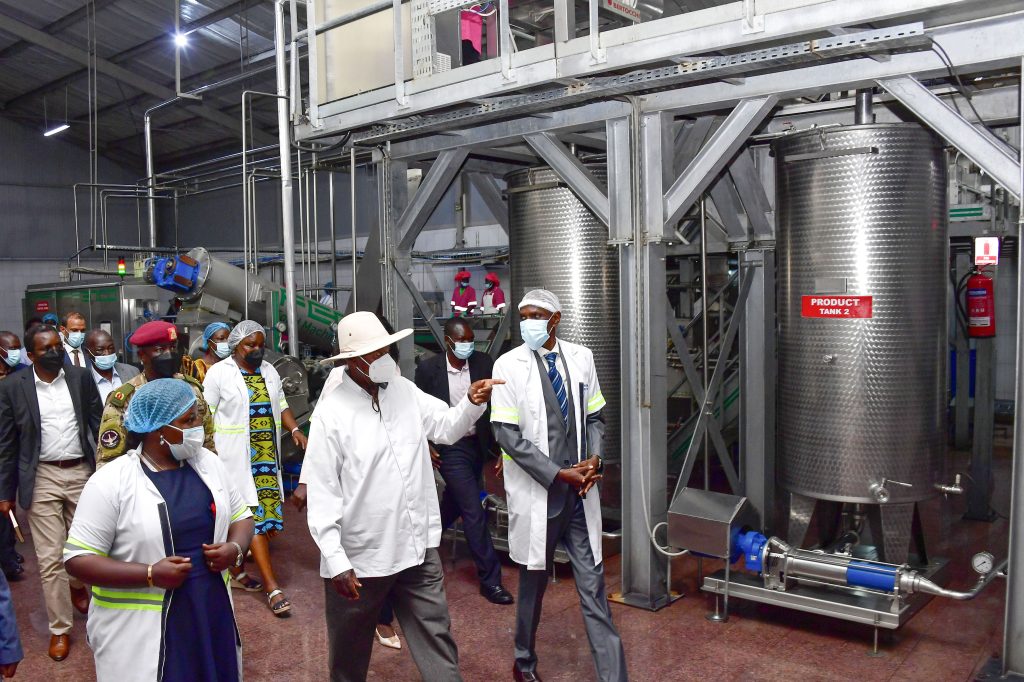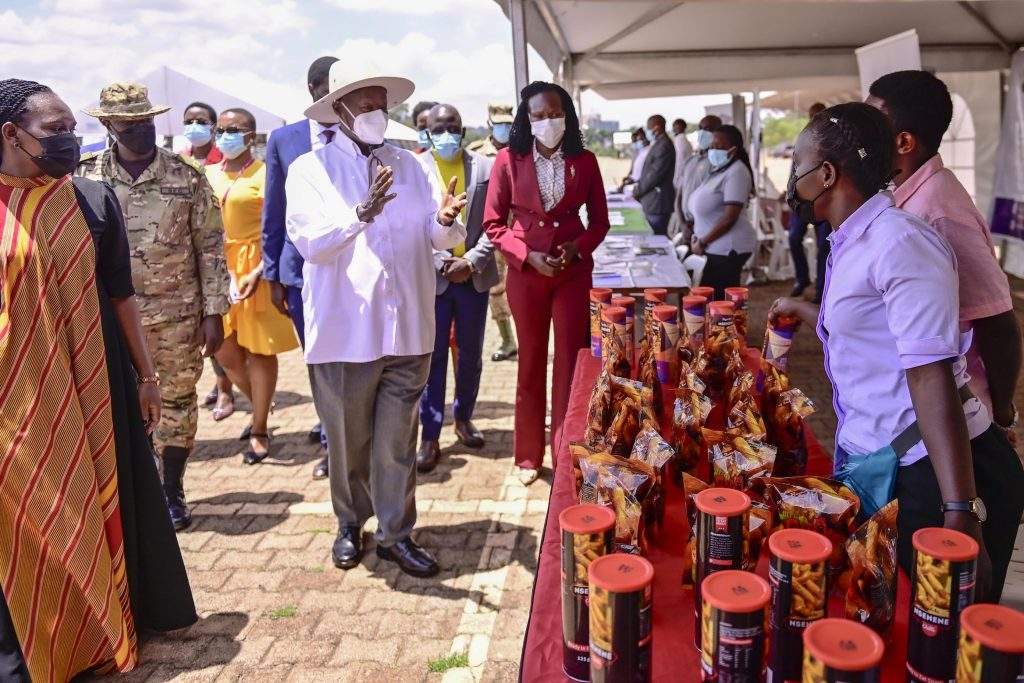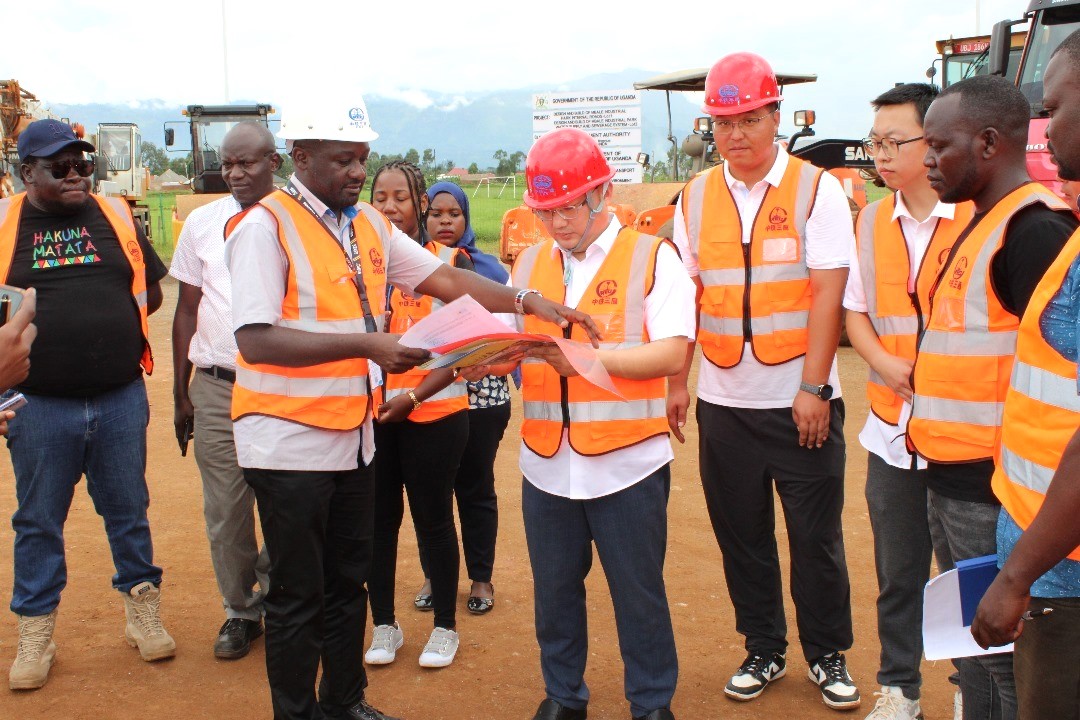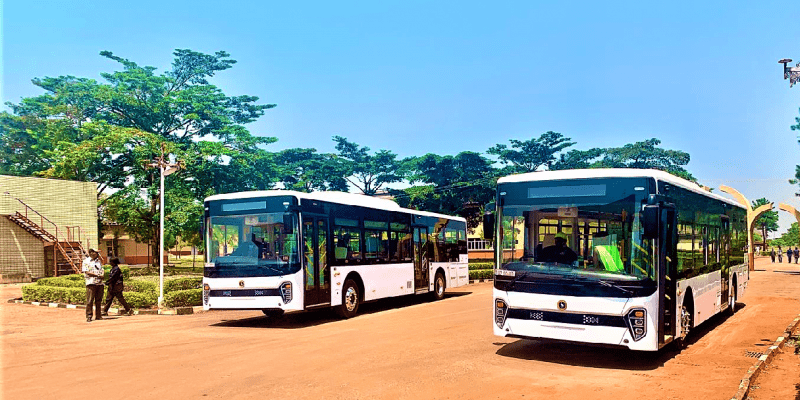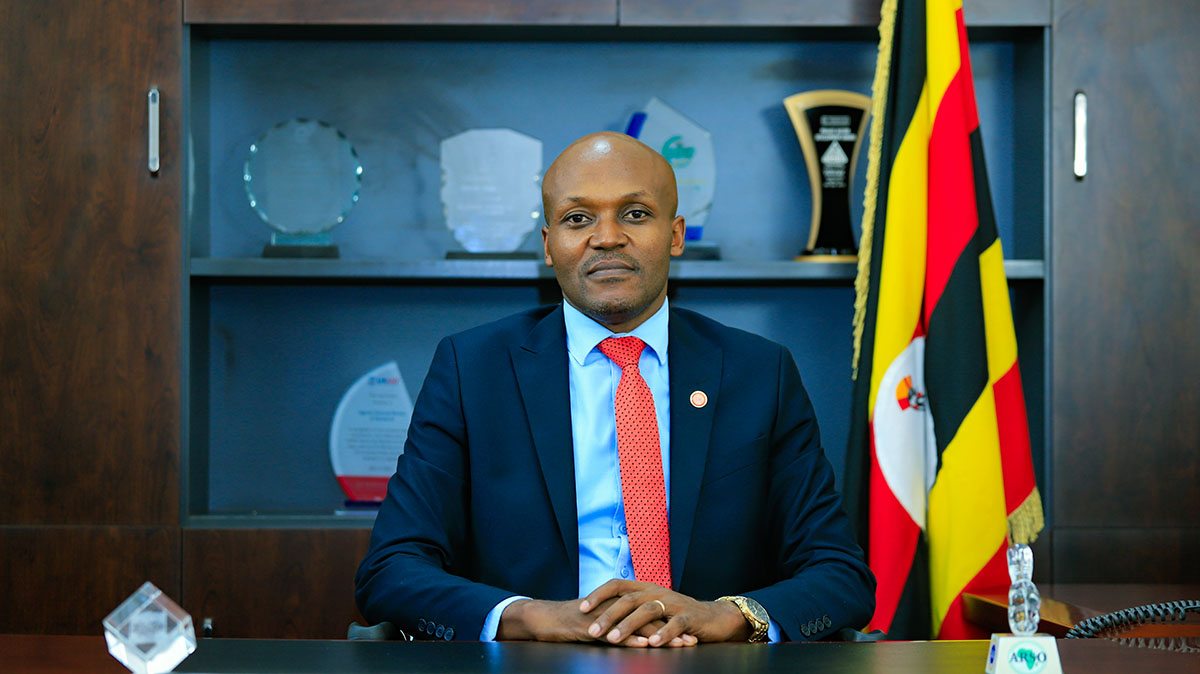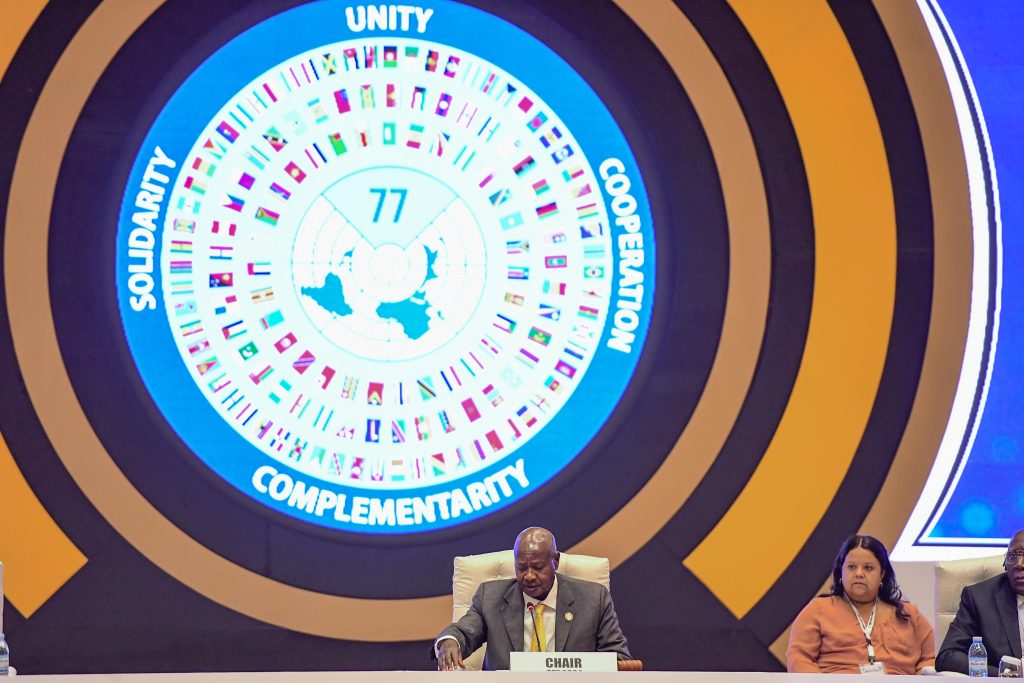Museveni assents to Free Zones Authority, Exports Board merger

An industrial free zone facility at Entebbe. Free zones facilitate integration into global supply chains by providing a gateway for exports and imports.
The new law that merges the Uganda Free Zones Authority with the Uganda Exports Promotions Board is one of the Acts that have been assented to by the President.
A statement from State House on Friday indicated that several Acts including Free Zone (Amendment Act 2024), the Uganda Wildlife (Amendment Act 2024), and the Uganda National Metrological Authority (Amendment Act 2024) were endorsed by the President, several weeks after they were passed by Parliament.
The new Acts were part of the Rationalisation of Government Agencies process, aimed at merging, mainstreaming and rationalizing Government Agencies.
- The primary objective of the process was to establish the agencies' operational relevance, eliminate embedded duplications and overlaps,and establish the resultant short term and long term saving of taxpayers’ money.
The new Act now merges the Uganda Free Zones Authority and the Uganda Export Promotions Board into one entity to be called Uganda Free Zones and Export Promotions Authority and its supervision shifts to the Ministry of Trade, Industry and Cooperatives from the Ministry of Finance, Planning and Economic Development.
The Uganda Free Zones Authority (UFZA) was established five years ago in line with the commitment of the East African Community (EAC) partner States to develop Free Zones for purposes of accelerating development through creating an enabling environment for the production of competitive products for export under the EAC Customs Union Protocol.
- Free Zones are areas where raw materials, goods, and machinery may be landed, handled, manufactured or reconfigured for export without being subject to import and export duties.
Worldwide, free zones serve as catalysts for economic development by attracting investment, promoting industrial diversification, fostering innovation, creating jobs, and enhancing competitiveness. Their strategic implementation can significantly contribute to a country's overall economic growth and prosperity.
Officials of the UFZA, led by ED Hez Kimooni Alinda, had vehemently objected to the merger saying its establishment was an EAC matter and that shifting supervision from the Ministry of Finance, planning and Economic Development to that of the Ministry of Trade, Industry and Cooperatives was illegal. However, Members Parliament dismissed the arguments as not having legal merit.
The UFZA has been receiving funding amounting to more than UGX27 billion a year. The new reforms are projected to lead to a saving of more than UGX10 billion per year.
However, the reforms expand the scope of the new agency from Export Processing Zones and Free Port Zones only to the adoption of the wider Special Economic Zones, which include the ability to acquire land for their establishment.
- As regards the other Acts that were assented to, the Uganda Wildlife (Amendment Act 2024) now sees Uganda Wildlife Conservation Education Centre (commonly known as Entebbe Zoo) merged with Uganda Wildlife Authority.
- Also, the Uganda National Metrological Authority established in 2012 has also been dissolved and assimilated into the Ministry of Water and Environment.



.jpg)

